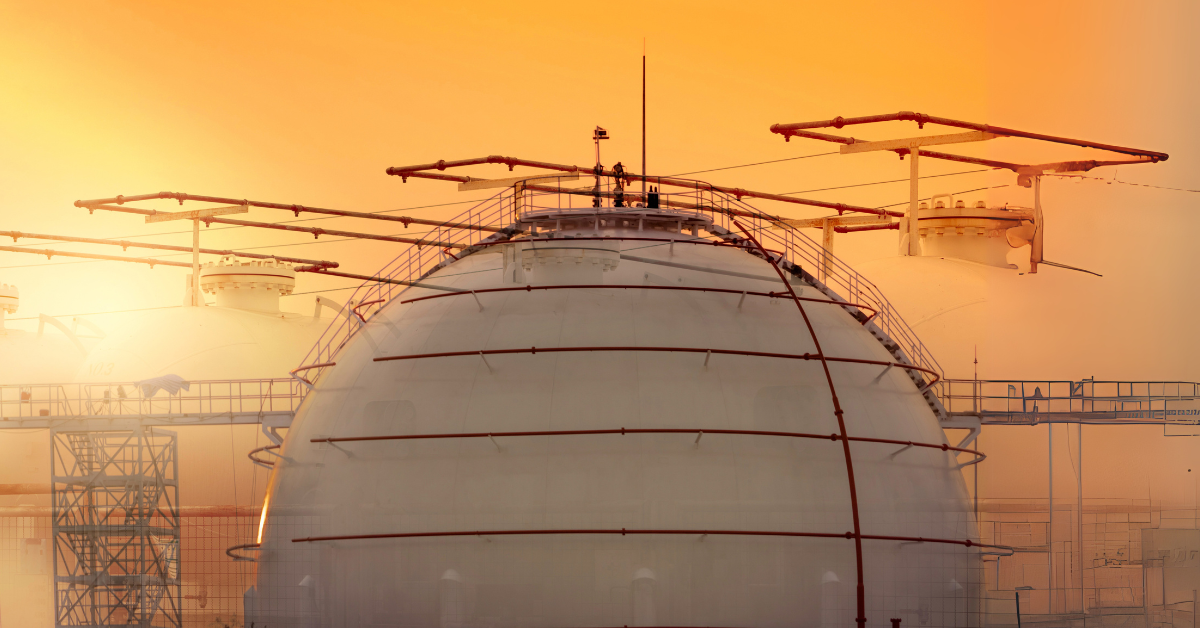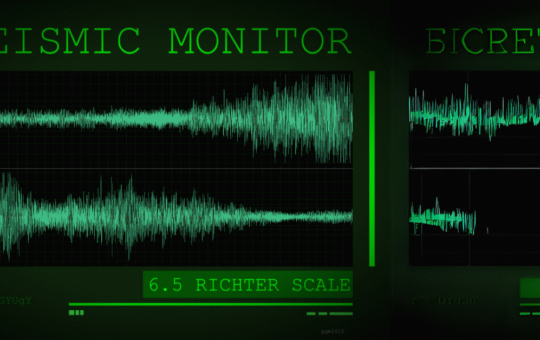
Level 3 Certification in Reservoir Engineering Fundamentals
- Foundational Knowledge: Understand the fundamental concepts of reservoir behavior and performance.
- Practical Applications: Learn to use analytical techniques to evaluate reservoir characteristics.
- Career Advancement: Enhance qualifications for roles in petroleum engineering and reservoir management.
- Industry Relevance: Stay updated with best practices in reservoir engineering.
- Global Standards: Aligned with industry guidelines and methodologies.
- Understand the basic principles of reservoir engineering and fluid flow in porous media.
- Analyze reservoir rock and fluid properties and their impact on performance.
- Use material balance methods to estimate reserves.
- Apply reservoir drive mechanisms to predict reservoir performance.
- Develop strategies for enhanced oil recovery (EOR).
- Perform basic reservoir simulations to support decision-making.
- Introduction to Reservoir Engineering
- Role and significance of reservoir engineering in oil and gas operations.
- Overview of reservoir types and classifications.
- Reservoir Rock Properties
- Porosity, permeability, and saturation.
- Capillary pressure and wettability.
- Reservoir Fluid Properties
- Properties of oil, gas, and water.
- Phase behavior and PVT analysis.
- Material Balance Equation (MBE)
- Principles and applications of MBE.
- Estimating reserves and reservoir drive mechanisms.
- Reservoir Drive Mechanisms
- Natural drives: water, gas cap, solution gas, and compaction.
- Identifying and predicting reservoir performance.
- Introduction to Enhanced Oil Recovery (EOR)
- Basics of primary, secondary, and tertiary recovery methods.
- Overview of thermal, chemical, and gas injection techniques.
- Reservoir Simulation Basics
- Purpose and methodology of reservoir modeling.
- Tools and software used in reservoir simulations.
- Case Studies and Practical Applications
- Analyzing real-world reservoir performance scenarios.
- Practical exercises in reserve estimation and EOR planning.
- Reservoir Engineering Technician
- Petroleum Engineer
- Production Optimization Specialist
- Enhanced Oil Recovery Consultant
- Field Development Planner
- Industry-Focused Curriculum: Designed for practical application in reservoir management.
- Expert Trainers: Delivered by experienced professionals in petroleum engineering.
- Hands-On Learning: Real-world examples and case studies.
- Global Standards: Curriculum aligned with international practices.
- Flexible Learning: Suitable for working professionals with diverse schedules.
Study Units
- Introduction to Reservoir Engineering
- Role and significance of reservoir engineering in oil and gas operations.
- Overview of reservoir types and classifications.
- Reservoir Rock Properties
- Porosity, permeability, and saturation.
- Capillary pressure and wettability.
- Reservoir Fluid Properties
- Properties of oil, gas, and water.
- Phase behavior and PVT analysis.
- Material Balance Equation (MBE)
- Principles and applications of MBE.
- Estimating reserves and reservoir drive mechanisms.
- Reservoir Drive Mechanisms
- Natural drives: water, gas cap, solution gas, and compaction.
- Identifying and predicting reservoir performance.
- Introduction to Enhanced Oil Recovery (EOR)
- Basics of primary, secondary, and tertiary recovery methods.
- Overview of thermal, chemical, and gas injection techniques.
- Reservoir Simulation Basics
- Purpose and methodology of reservoir modeling.
- Tools and software used in reservoir simulations.
- Case Studies and Practical Applications
- Analyzing real-world reservoir performance scenarios.
- Practical exercises in reserve estimation and EOR planning.
By the end of this certification, learners will be able to:
- Understand the basic principles of reservoir engineering and fluid flow in porous media.
- Analyze reservoir rock and fluid properties and their impact on performance.
- Use material balance methods to estimate reserves.
- Apply reservoir drive mechanisms to predict reservoir performance.
- Develop strategies for enhanced oil recovery (EOR).
- Perform basic reservoir simulations to support decision-making.
The Level 3 Certification in Reservoir Engineering Fundamentals is tailored for professionals and aspiring engineers in the petroleum industry who are looking to deepen their understanding of reservoir management and optimization. This course is ideal for:
Reservoir Engineering Technicians
Professionals who want to enhance their knowledge of reservoir properties and improve their analytical skills in reservoir performance evaluation.
Petroleum Engineers
Engineers involved in the design, management, and optimization of oil and gas reservoirs who wish to refine their understanding of fluid flow, reservoir drive mechanisms, and enhanced oil recovery techniques.
Production Optimization Specialists
Specialists focused on improving the production performance of oil and gas fields, seeking to gain skills in material balance methods and reservoir simulation techniques.
Enhanced Oil Recovery (EOR) Consultants
Experts in EOR methods looking to expand their knowledge of reservoir drive mechanisms, injection techniques, and recovery strategies.
Field Development Planners
Planners responsible for developing and implementing field strategies who wish to build a solid foundation in reservoir evaluation and performance prediction.
Geologists and Geophysicists
Professionals with a background in geology or geophysics who are looking to shift into the engineering side of reservoir management and gain insight into reservoir engineering fundamentals.
Energy Sector Professionals
Individuals in other roles within the oil and gas industry who wish to develop a comprehensive understanding of reservoir behavior, performance analysis, and optimization methods.
Our assessment process is designed to ensure every learner achieves the required level of knowledge, skills, and understanding outlined in each course unit.
Purpose of Assessment
Assessment helps measure how well a learner has met the learning outcomes. It ensures consistency, quality, and fairness across all learners.
What Learners Need to Do
Learners must provide clear evidence that shows they have met all the learning outcomes and assessment criteria for each unit. This evidence can take different forms depending on the course and type of learning.
Types of Acceptable Evidence
Assignments, reports, or projects
Worksheets or written tasks
Portfolios of practical work
Answers to oral or written questions
Test or exam papers
Understanding the Structure
Learning outcomes explain what learners should know, understand, or be able to do.
Assessment criteria set the standard learners must meet to achieve each learning outcome.
Assessment Guidelines
All assessment must be authentic, current, and relevant to the unit.
Evidence must match each assessment criterion clearly.
Plagiarism or copied work is not accepted.
All learners must complete assessments within the given timelines.
Where applicable, assessments may be reviewed or verified by internal or external quality assurers.
Full learning outcomes and assessment criteria for each qualification are available from page 8 of the course handbook.
Top Courses
Related Courses
Let's Get in touch
Deleting Course Review
Course Access
This course is password protected. To access it please enter your password below:



